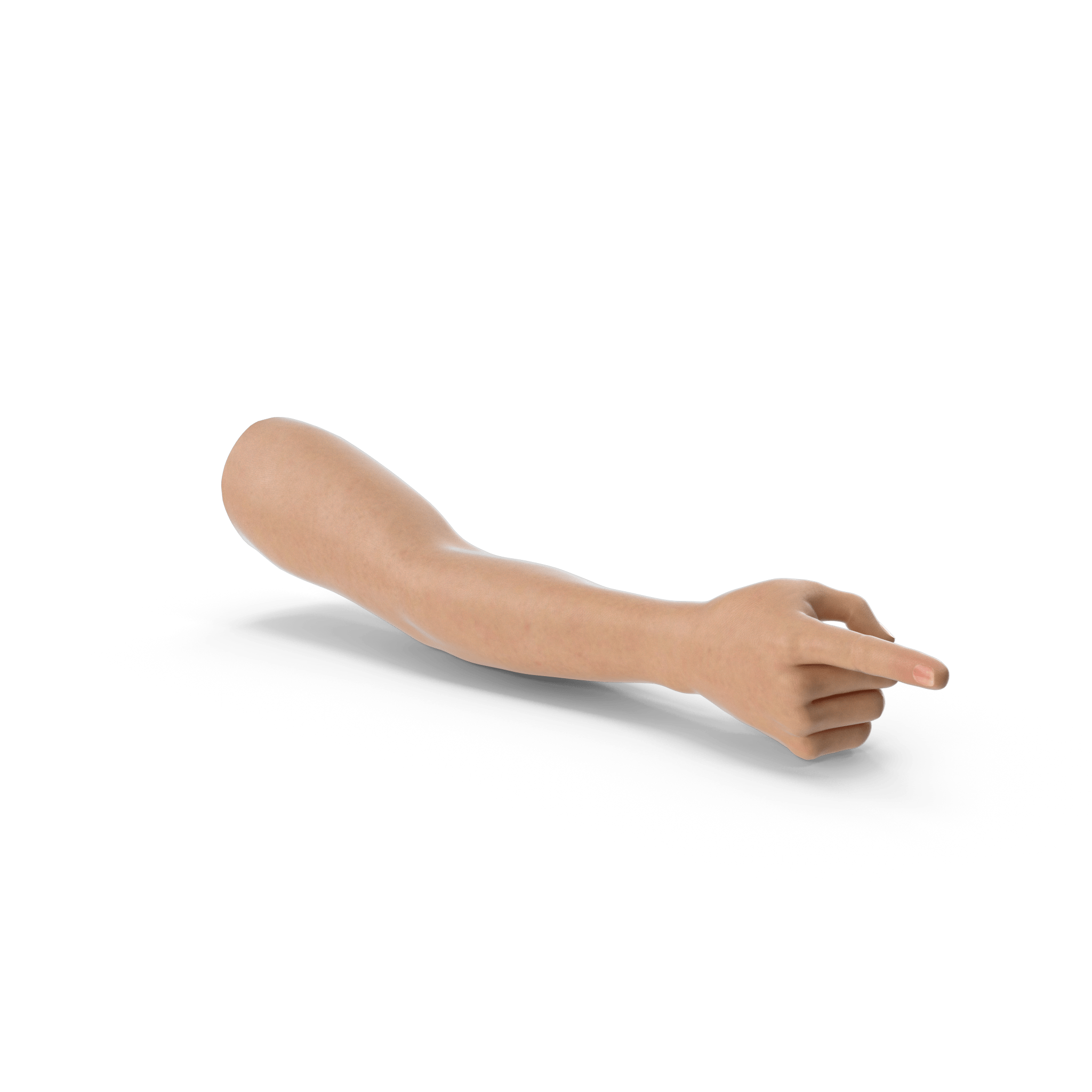“Your eyes touch me physically.”
—“The Warrior,” performed by Scandal, written by Holly Knight and Nick Gilder
Oh, the amazing wandering body parts. The absolute horror inflicted upon readers as eyes fly, hands inch around, and hearts roam the world. The term “wandering body parts” refers to the sentences in which body parts seem to act on their own accord, as if separate from the person to whom they belong.
Unless you’re writing a horror story, you want those body parts to stay put. Yet writing wandering body parts, also known as floating or autonomous body parts, is such an easy thing to do. It’s hard to find a book that doesn’t have a body part behaving badly. “When I first started writing, body parts flew all over the place,” says author and editor Leila Kirkconnell. “But ever since I learned about them, I end up seeing them everywhere, not only in editing first drafts, but in my daily reading of published books.”
In Scandal’s 1984 song “The Warrior,” the line “Your eyes touch me physically” gives a perfect example of this. It’s impossible for eyes to touch someone. Can you imagine how gross that would be if someone’s eyeballs popped out of their head and flew over to touch you? But body parts fly all over the place in writing—most commonly, the eyes.
- His eyes flew to hers. (How far was that flight for his eyes and her eyes to meet up?)
- Her eyes bounced around the room. (Her eyes popped out of her head and bounced around the room, and no one noticed?)
- His eyes followed the car down the street. (What a sight that must be!)
- Her eyes became angry. (Did they have a fight with someone else’s eyes?)
Eyes tend to crawl, roam, trail, bounce, and have emotions. The most common way to fix this is to use the word “gaze” in place of “eyes.” Rewording your sentence or rethinking it entirely can also be very beneficial. For example, instead of “Her eyes became angry,” try “She narrowed her eyes.” It expresses the same idea, but the person is the one performing the action instead of the wandering body part.
Unfortunately, any body part can float.
- His hand inched toward hers.
- Her jaw dropped to the floor.
- She gave him her hand.
- His face fell.
- Her head twisted.
Hands doing things on their own is reminiscent of The Thing from The Addams Family while twisting heads is straight out of The Exorcist. Each of these sentences can be quickly restructured so that faces aren’t falling off characters and people don’t give away body parts, like their hearts—commonly found in romance novels. By imagining the visual of these sentences, you can easily catch your wandering body parts and put them back on the path to being attached to your character.
But are there any exceptions to the rule?
Yes, there are, just like with about any writing rule. The exception for wandering body parts is going to be your comfort level with writing them and whether your editor demands you reattach them. For instance, people roll their eyes. That’s a common phrase in our everyday language. Readers won’t hunt you down with pitchforks if a character rolls their eyes. Finding another way to express that character’s displeasure, though, may just make you a better writer in the end.
If you enjoy comedy with your wandering body parts, there is no greater tale than the 1953 short story “The Eyes Have It” by Philip K. Dick. This masterpiece discusses body parts as if they are an alien life force. One especially amusing sentence is “Poor Bibney has lost his head again.” Thankfully, this short story has been preserved in the public domain via Project Gutenberg (https://gutenberg.org/files/31516/31516-h/31516-h.htm).
Don’t let wandering body parts frighten you or your readers. Carefully read the sentence with the body part and see if you can imagine the body part doing something on its own. If not, reword it. And remember, eyes cannot touch anyone physically.






